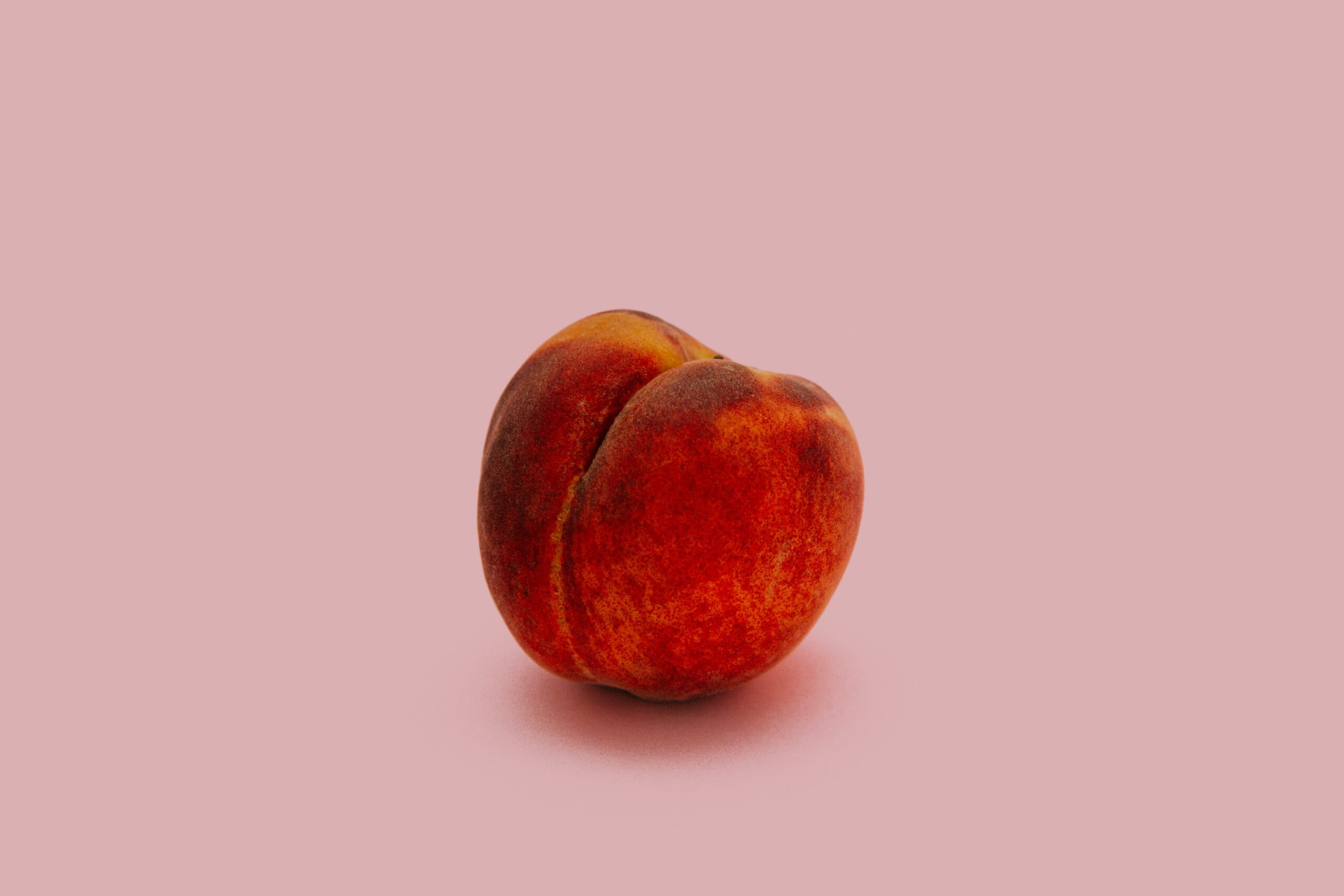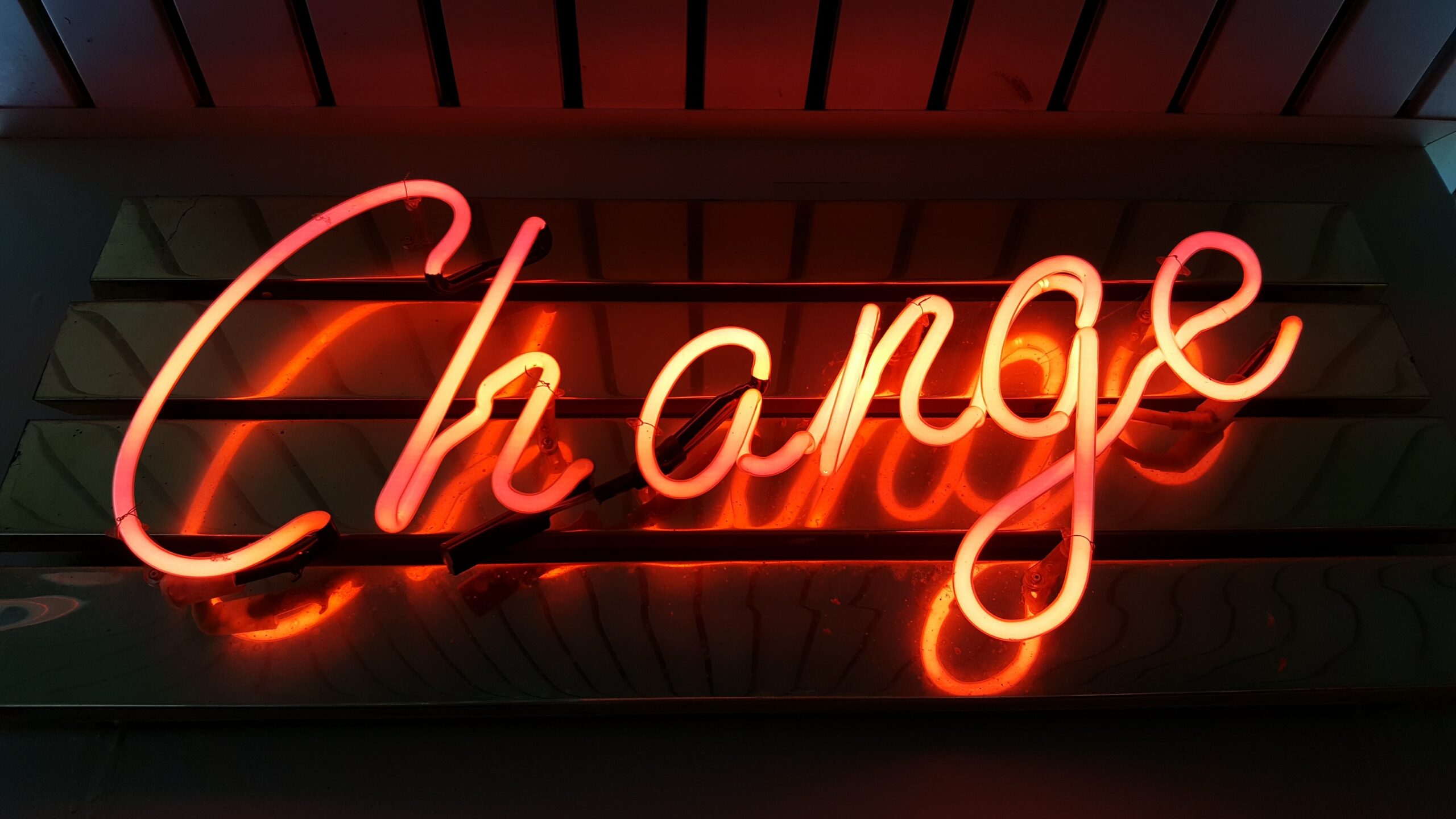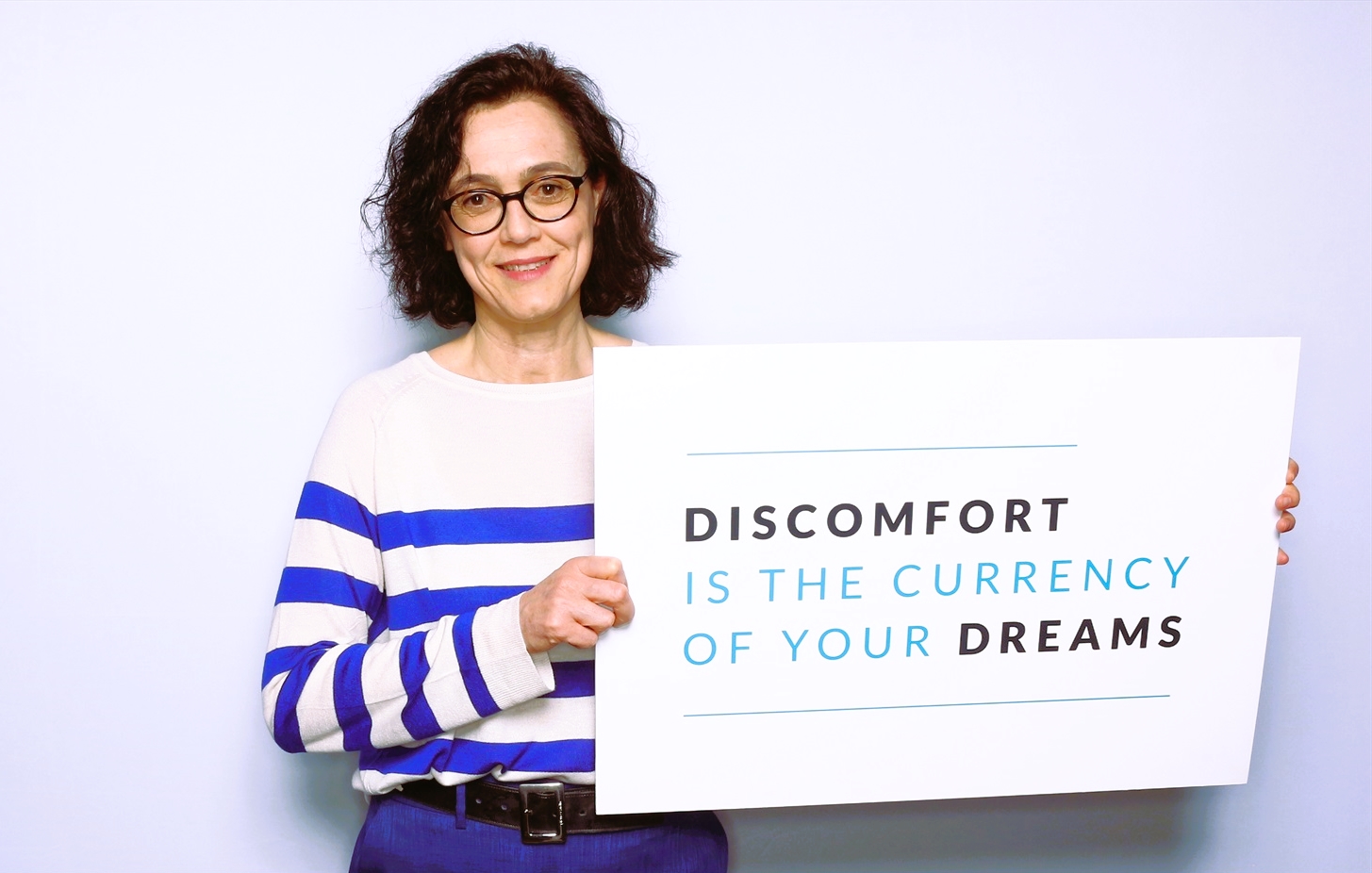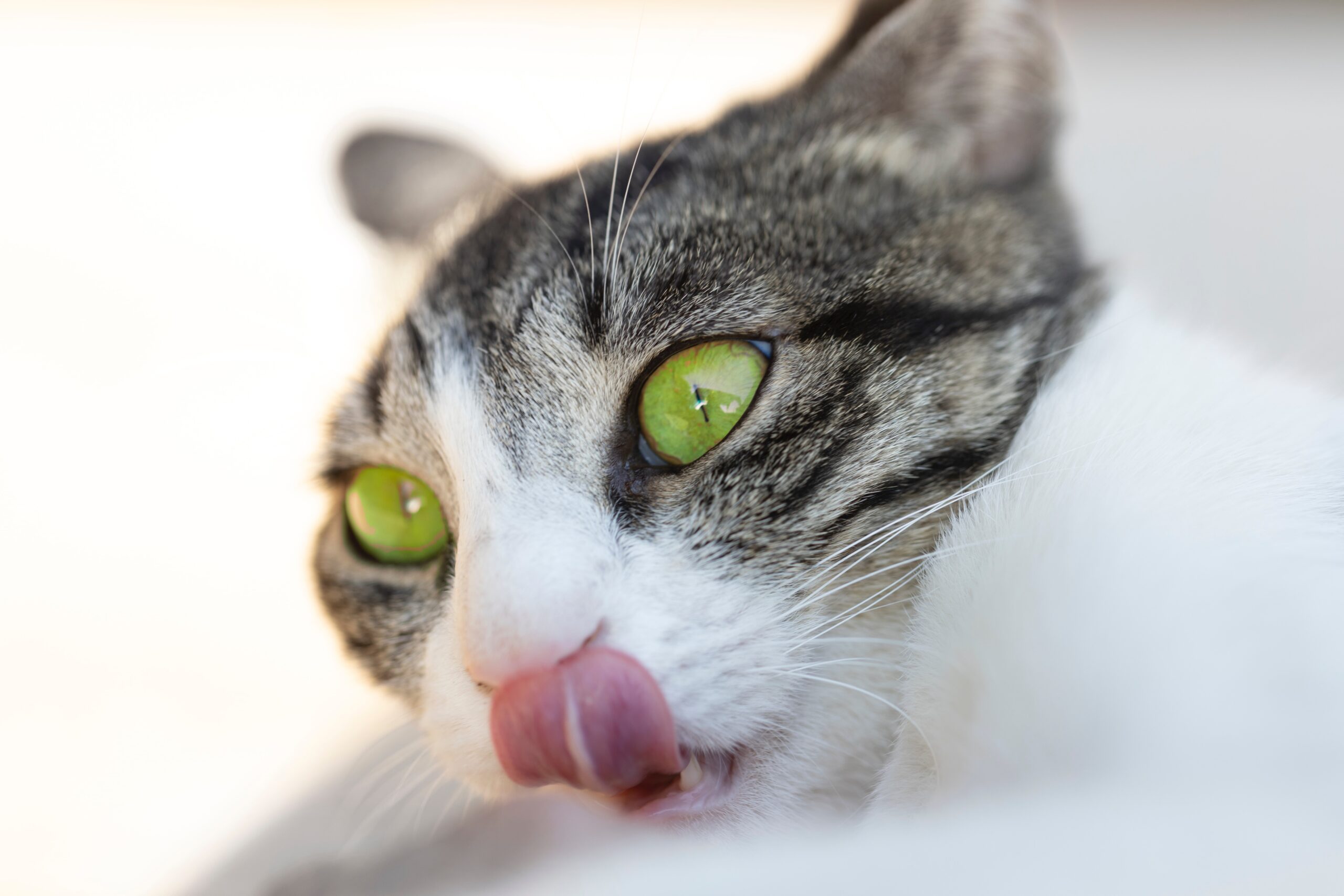Caring what other people think of you? I have been thinking lately about how many things in the world do not happen because we are too afraid of what others think of us if we do them. How many times do we end up not starting new adventures because we …














